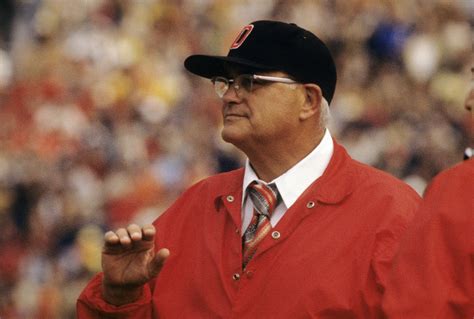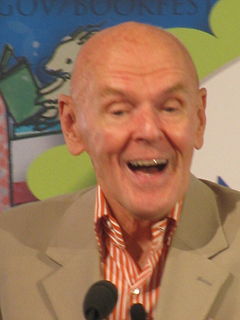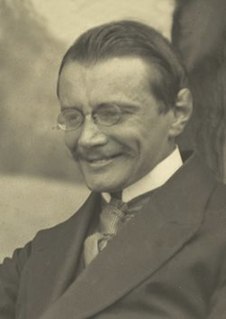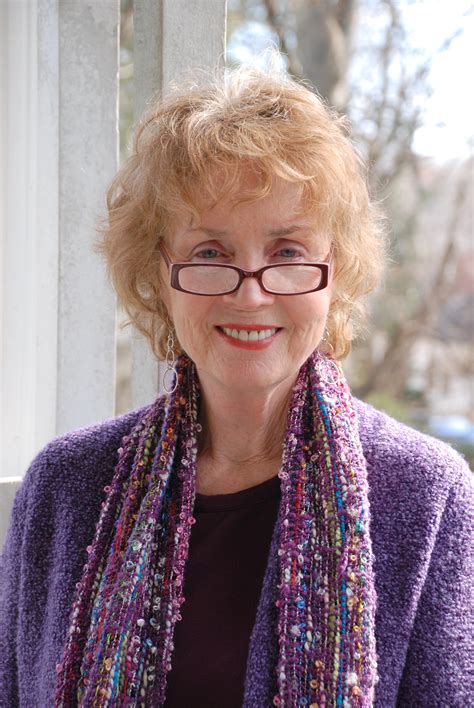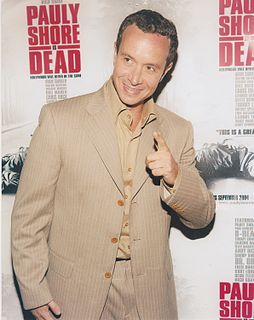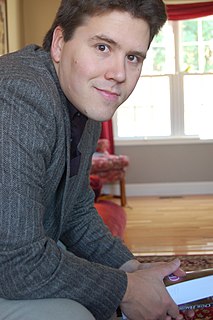A Quote by Richard Russo
People in small towns, much more than in cities, share a destiny.
Related Quotes
The fortunate and successful New Urbanists will be the ones who can find local infill projects in small towns and small cities associated with farming, water transport, (perhaps rail too) and water power. I do not believe personally that we will retrofit much of suburbia in the way many people wish we might. The capital won't be there, and I'm rather convinced that the population is headed down - though this will be a lagging effect, because even starving people have sex.
We need to reach the millions who live in cities, the hundreds of thousands in industrial centers, the tens of thousands in medium-sized towns, the thousands in small towns, and the hundreds in villages -- all these at once. Like a volcanic eruption, a spiritual revolution needs to spread through the country, to spur people to crucial decisions. People have to recognize the futility of splitting life up into politics, economics, the humanities, and religion. We must be awakened to a life in which all of these things are completely integrated.
There was great political uncertainty in South Asia at the time of the Buddha. The older small tribal societies were cracking up and gave way to bigger states. There was much more trade and travel going on than before. To people in the cities the experience of living in a small place where you knew everyone and governed your affairs by consensual democracy had been lost.
For the most part, French cities are much better preserved and looked after than British cities, because the bourgeoisie, the people who run the cities, have always lived centrally, which has only recently begun to happen in big cities in England. Traditionally in England, people who had any money would live out in the suburbs. Now, increasingly, people with money live in the cities, but this has changed only in the last 20 or so years.
Ghostly legends dot the Prairie State from its big cities to its small towns. These stories make each community unique in a way that no other landmark ever could But Michael Kleen understands that these ghosts are more than just stories. As a folklorist and historian, Kleen shows readers the connection between our past and our present. Haunting Illinois is more than just a ghostly travel guide, it’s an adventure offering new insight on the haunts you know, but also takes you on a trip to the spirits in your own backyard.




